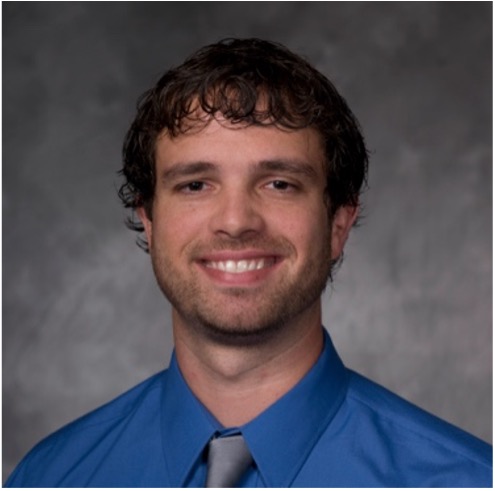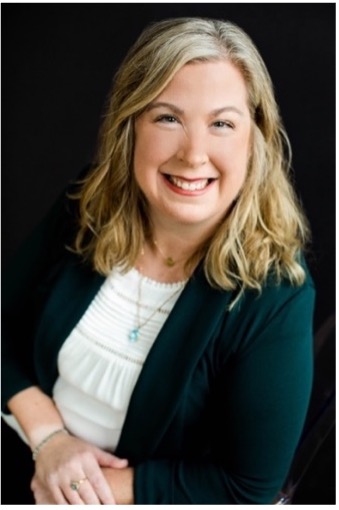Drake University’s School of Education announced that the National Science Foundation (NSF) has awarded a $628,791 grant to Professors Jerrid Kruse and Lindsay Woodward.


The grant will fund research into how teachers understand and teach complex topics with social, cultural, scientific, and technical elements, a concept known as socioscientific literacy. Kruse and Woodward will work with fourth and fifth-grade teachers over three years, providing professional development and enabling teachers to bring socioscientific concepts into their curriculum.
“Our unique project allows teachers to understand socioscientific topics while also supporting them as they innovate ways to integrate those topics into existing lessons for their classes,” said Woodward.
“Most students who go into STEM fields acquire an affinity for STEM topics before middle school,” said Kruse. “Giving students access to scientific literacy earlier and adding social and ethical context can make science more relevant to students.”
The socioscientific topics in the study will relate to existing fourth and fifth-grade science lessons. For example, when fourth graders are learning about erosion, or fifth graders are learning about properties and changes in matter, both topics will connect to the socioscientific context around access to clean water. Participating teachers will explore ways to bring such contexts into their classrooms.
Kruse and Woodward will gather data on the efficacy of the program by directly observing how teachers implement socioscientific knowledge and materials. Teachers from eight Des Moines area school districts are participating in the research program. Teachers are paid $3,500 for participating in the project.
“From a literacy perspective, this work has the potential to be groundbreaking in understanding the processes and sense-making strategies that teachers use to understand socioscientific issues, and how they can help students process these issues,” said Woodward.
By the end of three years, Kruse and Woodward hope to have quantitative and qualitative data reflecting how teachers comprehend socioscientific concepts and how they guide their students’ understanding of these issues.
“Often, we don’t realize how important teaching broad scientific literacy is,” said Kruse. “We’re giving teachers the framework to teach scientific literacy in a broader sense to help students better understand the world around them.”
Listen to the SPARC’ing a Conversation podcast with Kruse and Woodward
To learn more about the NSF grant-funded study, listen to Drake University’s SPARC’ing a Conversation podcast featuring Kruse and Woodward.
—John Krantz, University Communications & Marketing
